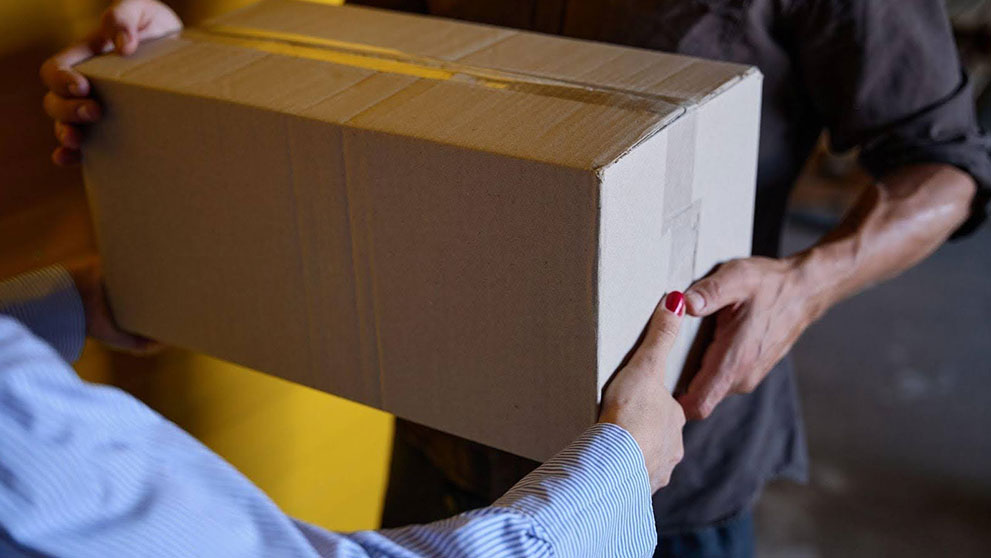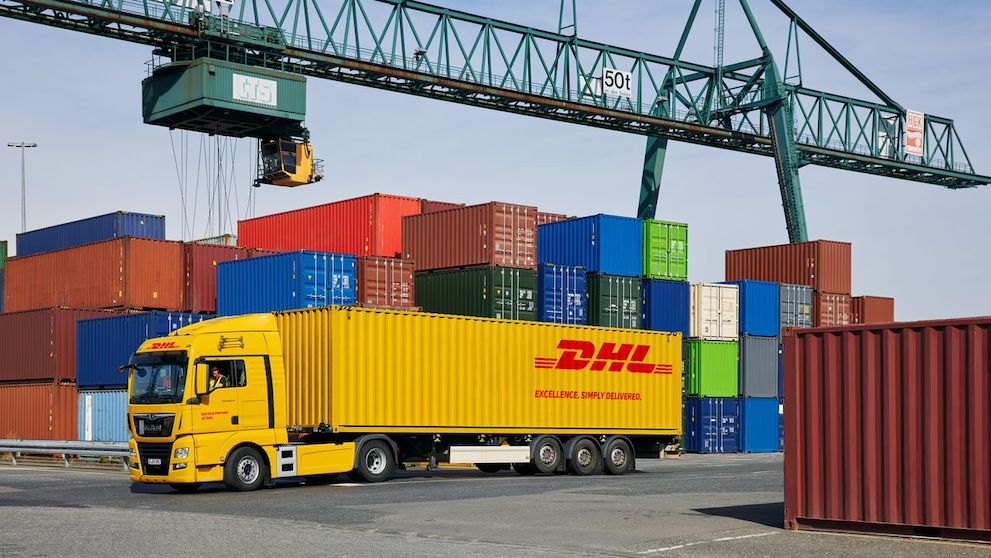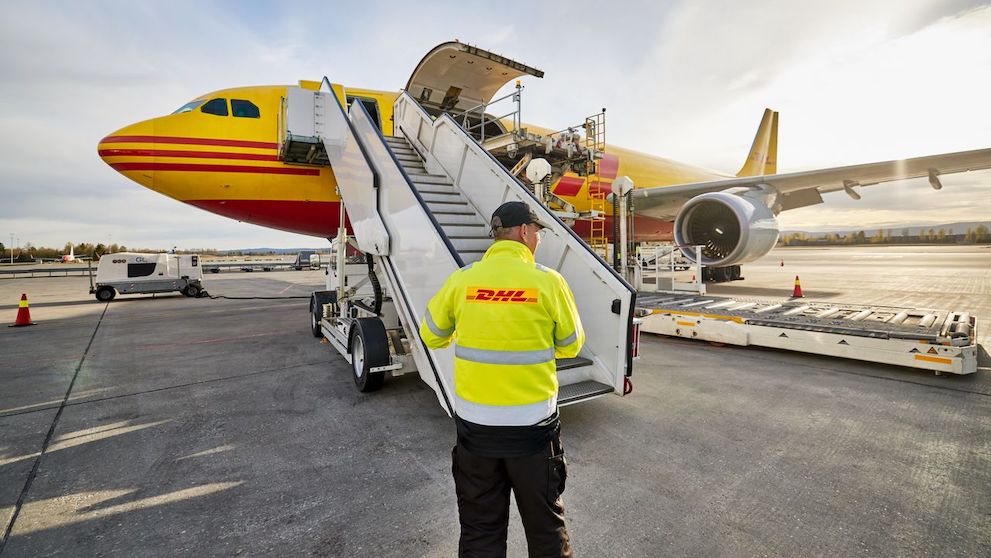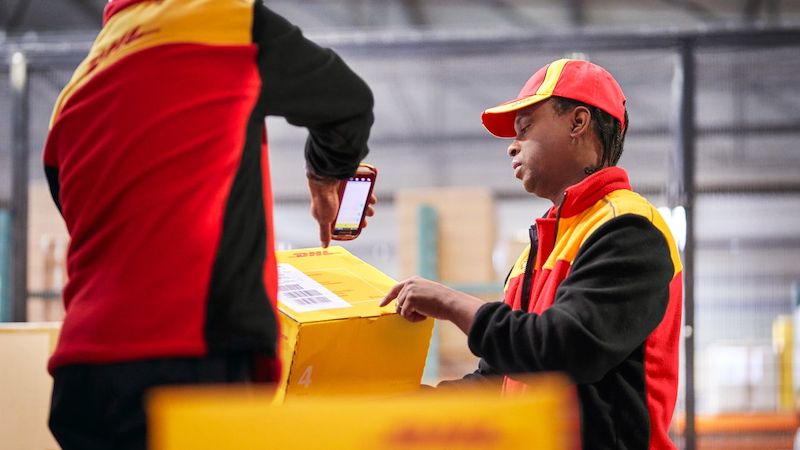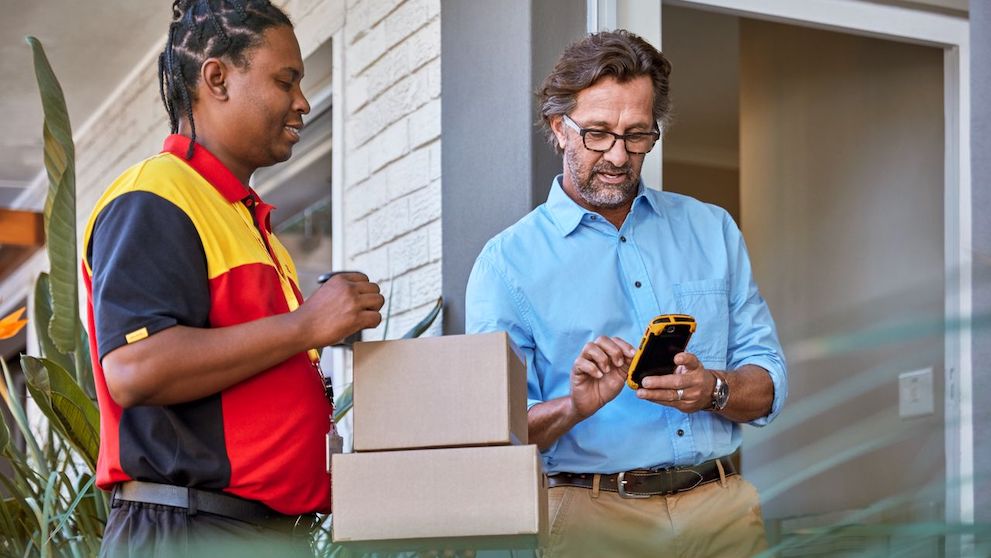The Hong Kong economy is externally oriented and highly dependent on trade with the rest of the world, and the Philippines happens to be one of the countries that Hong Kong has a strong trade relationship with. In 2021, exports from the Philippines to Hong Kong amounted to US$9.93 billion¹, making the southeast asian country the tenth-largest source of imports for the city.
The close trade relationship between Hong Kong and the Philippines is due in part to their geographic proximity. The two economies are linked by a sea route that enables easy transportation of goods between them. In terms of products, the Philippines produces a number of goods widely demanded by the global market. These include electronics products, woodcrafts and furniture, as well as tropical fruits such as coconut and pineapple. As for Hong Kong, some of the most popular items shipped from the Philippines to Hong Kong include integrated circuits and office machinery.
Tips for shipping from the Philippines to Hong Kong
As mentioned earlier, Hong Kong is one of the Philippines’ closest trade partners, and is ideal for Filipino businesses looking to expand their operations beyond the domestic or regional markets of southeast asia. Being a major hub for international trade and commerce, Hong Kong offers a variety of shipping options that can accommodate almost any type of product, thus making it an ideal destination for businesses looking to ship products from the Philippines.
However, when shipping from the Philippines to Hong Kong, it's important to take note of the special administrative region’s customs regulations, prohibited and restricted goods list, and taxes. Here are some pointers to consider when shipping from the Philippines to Hong Kong:

Popular products to export to Hong Kong
According to the Hong Kong Census and Statistics Department, approximately 33% of non-Hong Kong residents are Filipino, making Filipinos the biggest non-local ethnicity in Hong Kong. With such a large population, there is a great demand for Filipino products and services in Hong Kong. There are many products that businesses should consider shipping from the Philippines to Hong Kong, some of which include:
1. Food and Beverages - Businesses should consider shipping some of the more popular ones from brands such as Titay’s, Lorna’s Gourmet Main, and Rosarios Delicacies.
2. Beauty Products - Filipinas are known for their beauty and style, so it's no surprise that there is a demand for Filipino beauty products in Hong Kong. Consider exporting popular items such as makeup, skincare products, and hair care products.
3. Clothing - Filipinos have a great sense of fashion. Businesses should consider exporting popular Filipino fashion items such as t-shirts, dresses, and shoes.
Exporting from the Philippines
Before exporting from the Philippines, you must get a licence from the Department of Trade and Industry (DTI) and set up an account on the Client Profile Registration System (CPRS). Do note that CPRS accreditation will need to be renewed annually. For businesses exporting certain goods, additional registration is required by the related governing authorities. Upon registration, a Unique Registration Number is provided, this is mandatory for all export activities.
To further promote trade and foreign investment, the Philippines has established Special Economic Zones (SEZ) throughout the country. These zones fall under the purview of the Philippines Economic Zone Authority (PEZA). Registering with them is mandatory if exporters are operating out of the SEZ. Prior to the shipping of cargo out of the Philippines, businesses will need to provide the following documents:
Commercial invoice
Bill of lading
Export licence
Packing list
Certificate of Origin
Customs export declaration
Additional documents are also required for certain goods and require permission from the relevant government authorities, they are the:
Bureau of Biodiversity Management - Endangered flora and fauna
Bureau of Plant Industry - Plants
Bureau of Animal Industry - Animals/Animal Products
Bureau of Fisheries and Aquatic Resources - Fish/Fish Products
National Food Authority - Rice
Sugar Regulatory Administration - Sugar and Molasses
Philippine Nuclear Research Institute - Radioactive Materials
Importing into Hong Kong
As a special administrative region of China, Hong Kong has strict policies governing goods imported to the country. In order to ensure that your products are able to be imported into Hong Kong, there are a few things that you will need to do.
First businesses must submit a number of declarations and supporting documents to the Hong Kong Customs and Excise Department. The required paperwork includes:
Airway bill
Bill of lading
Commercial invoice
Packing list
Import licence (if required)
Manifests
Copy of detention notice (if applicable)
In addition, businesses are required to obtain an import licence from the Hong Kong Customs and Excise Department. This licence will allow you to import goods into the country. A licence for strategic goods² is valid for six months from the date of issue while temporary licences are valid for three months. Do note that when importing the following goods, registration has to be done separately:
Textiles
Rice
Powdered formula
Ozone-depleting substances
Once all of the necessary documentation has been submitted, businesses will need to pay any applicable taxes and duties on their imports. Once all payments have been made, businesses can then take possession of their goods and begin selling them in Hong Kong.
Prohibited and controlled items in Hong Kong
Under Hong Kong’s Import and Export Ordinance, for all prohibited or controlled items, a licence, permit, or certificate has to be applied from the relevant government authorities. Some of the common items include controlled chemicals, explosives, fireworks, firearms, certain food and drinks (poultry, meat, powdered formula, and eggs), animals (especially endangered species), rough diamonds, and drugs/psychotropic substances.
Those found bringing these items without valid permission will have to face penalties imposed by the respective government authorities.
Cost of international package delivery to Hong Kong
Shipping rates from the Philippines to Hong Kong are dependent on a few factors. These include product type, weight, and courier service terms. DHL Express provides time-sensitive delivery options such as on-demand delivery that give customers the flexibility to choose when and where they want their package to be delivered.
Besides paying for shipping, businesses will need to take note of custom duties and taxes. You do not have to pay customs tax when exporting from the Philippines. Custom tariffs, taxes, surcharges or tariff quotas are also not levied on Hong Kong’s import goods as the special administrative region has a free port.
However, the following goods are dutiable: liquors, hydrocarbon oil, methyl alcohol, and tobacco. Duties are charged per unit quantity for tobacco, methyl alcohol, and hydrocarbon oil. For liquors, duties are charged according to the alcoholic strength of the products.
Choose a reliable delivery service
Importing goods from the Philippines into Hong Kong can be a complex process, but if you follow all of the necessary steps, you will be able to do it successfully. Make sure that you are familiar with all of the requirements before you begin the process, and work with a reliable professional if you have any questions. With the right preparation, you can ensure that your products can be ported into Hong Kong without any issues.
If you plan to start a business that involves shipping products from the Philippines to Hong Kong, consider choosing DHL Express as your international shipping partner. Open a DHL Express account today to enjoy benefits such as preferential shipping rates and flexible delivery options.



